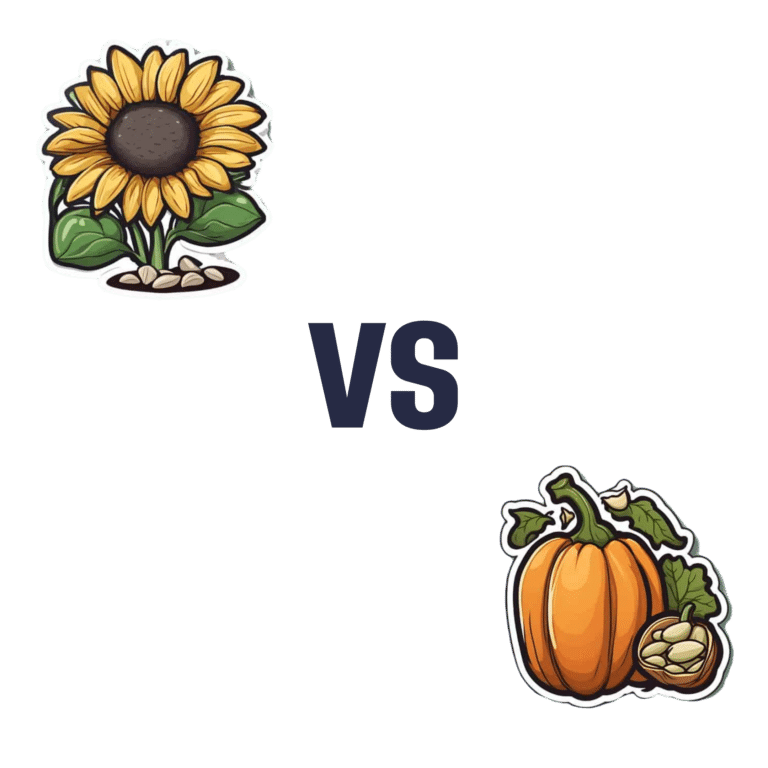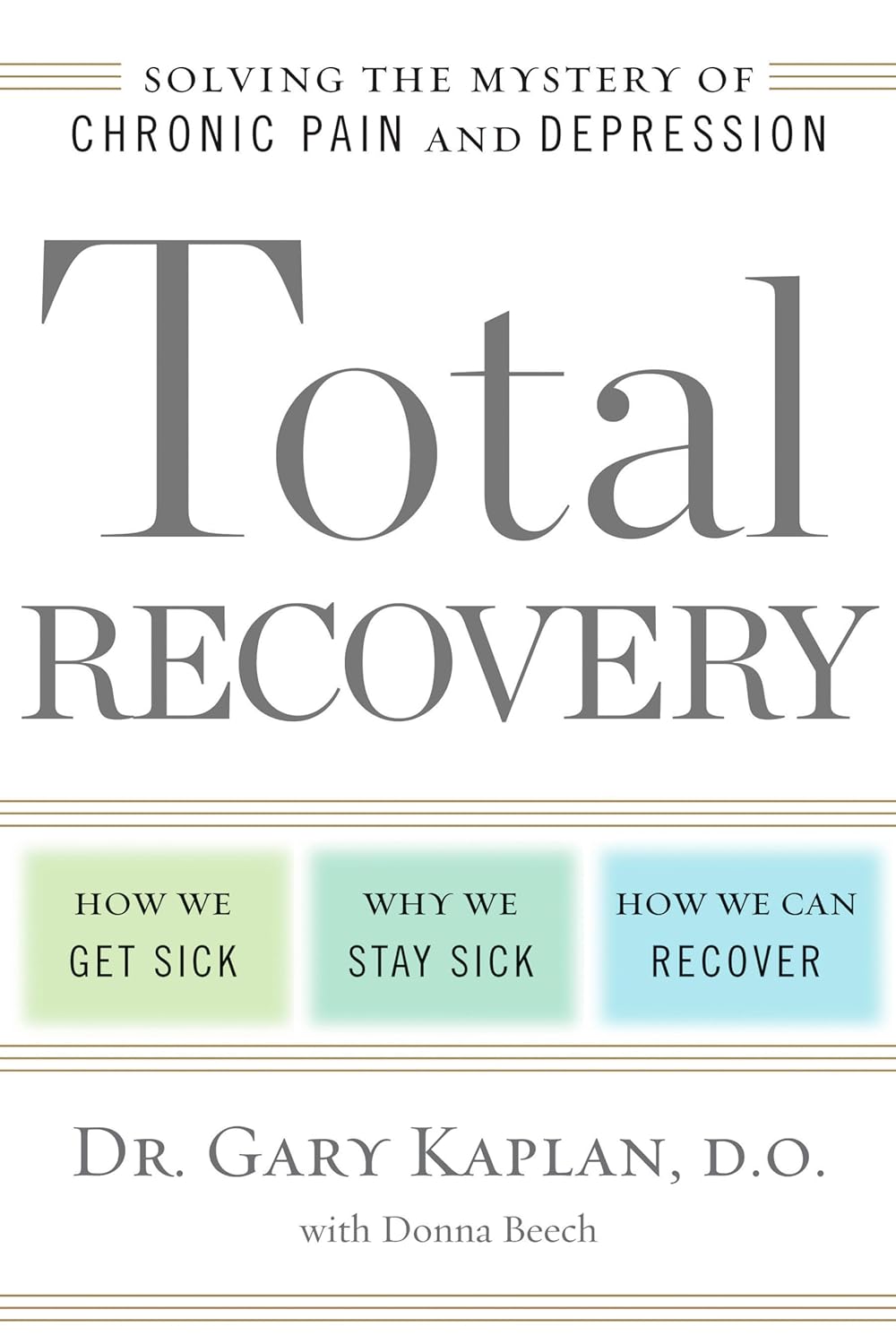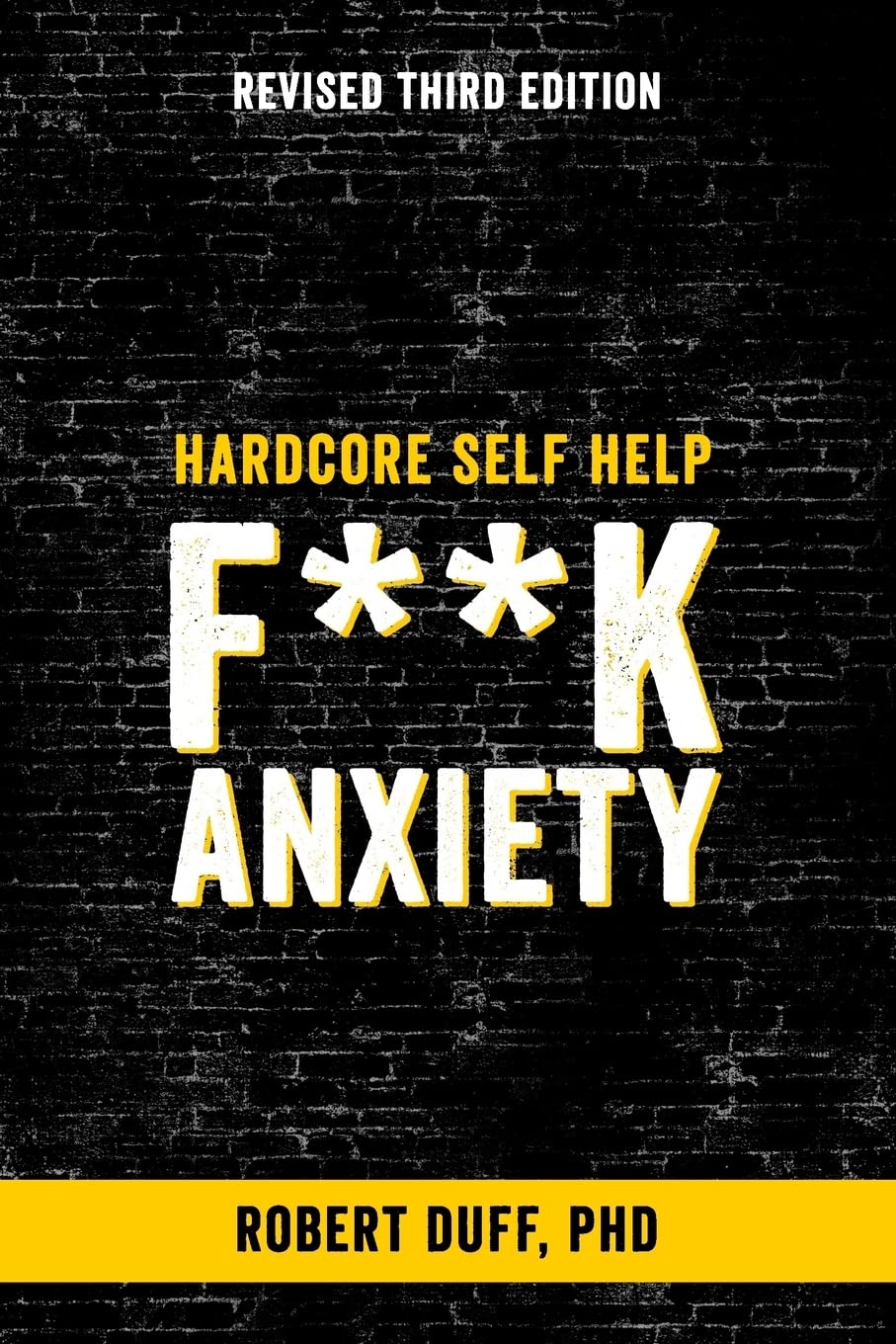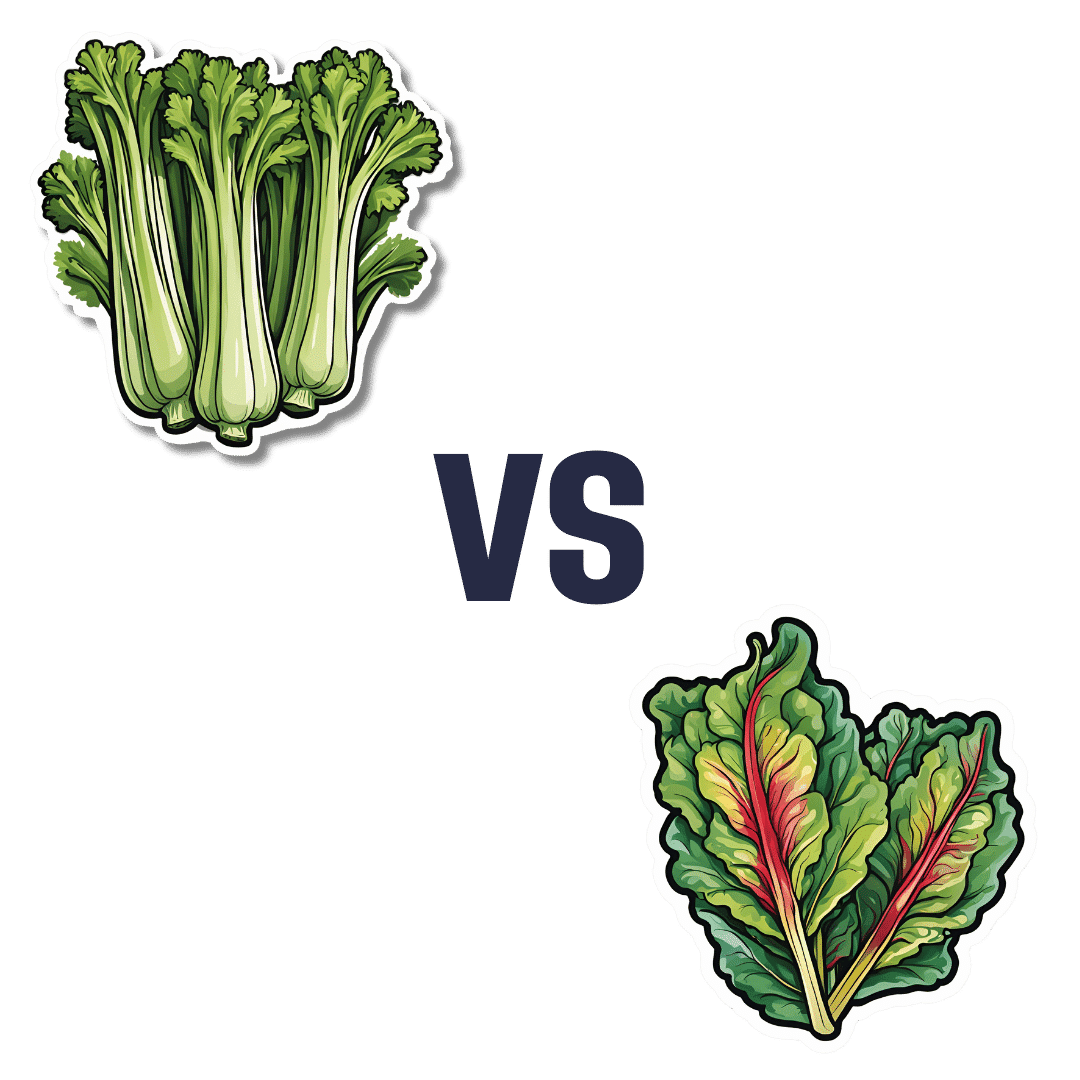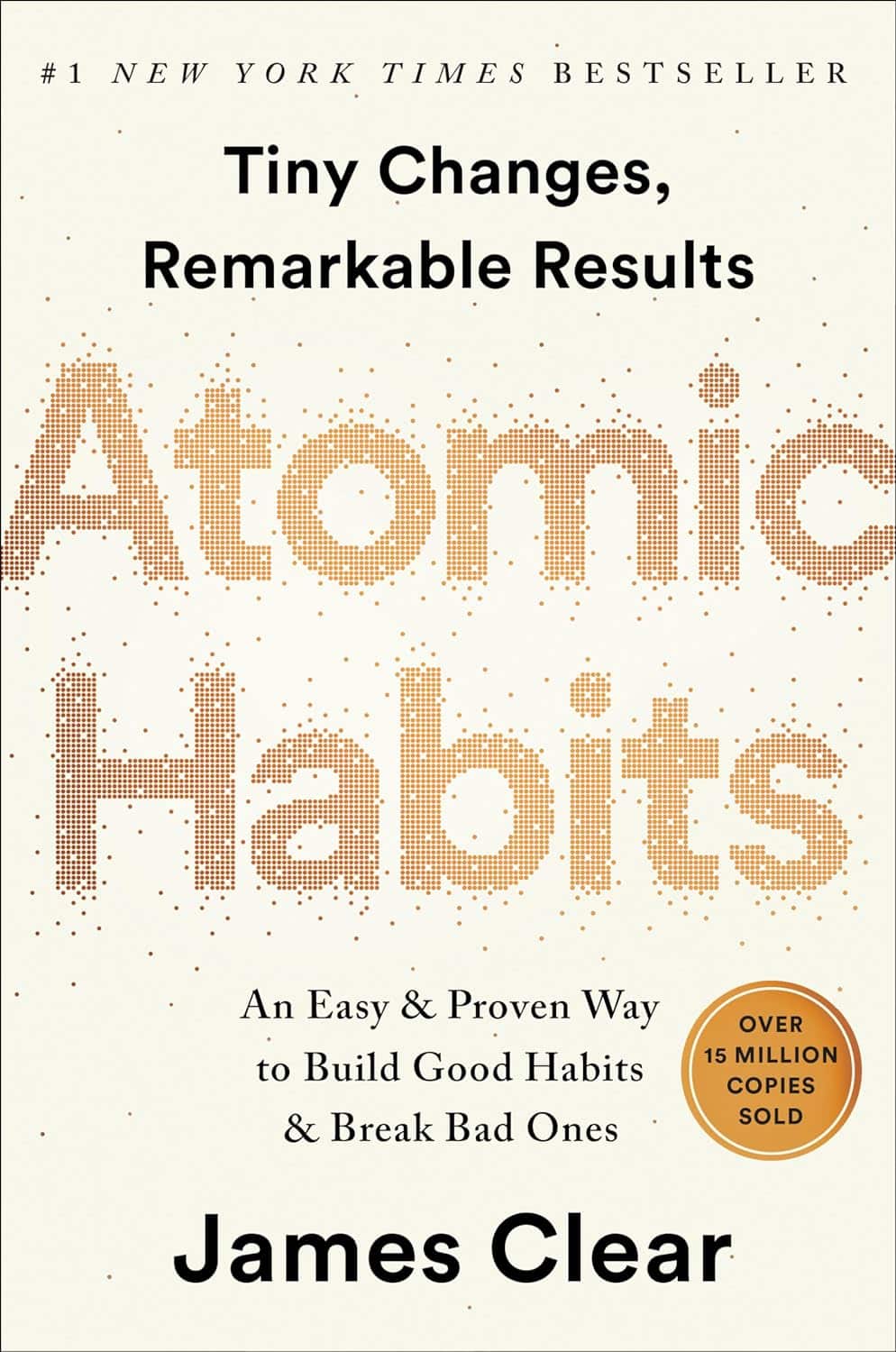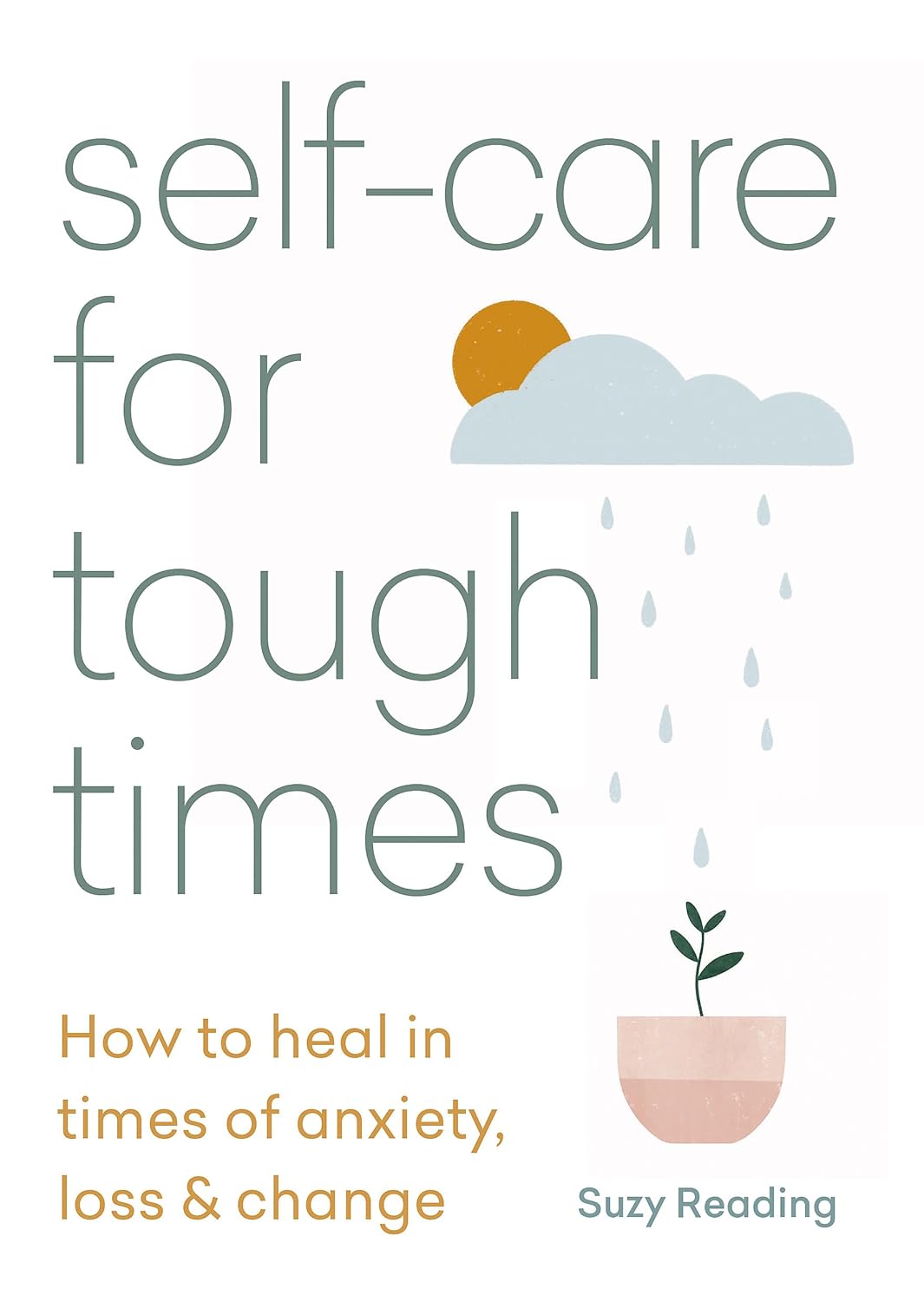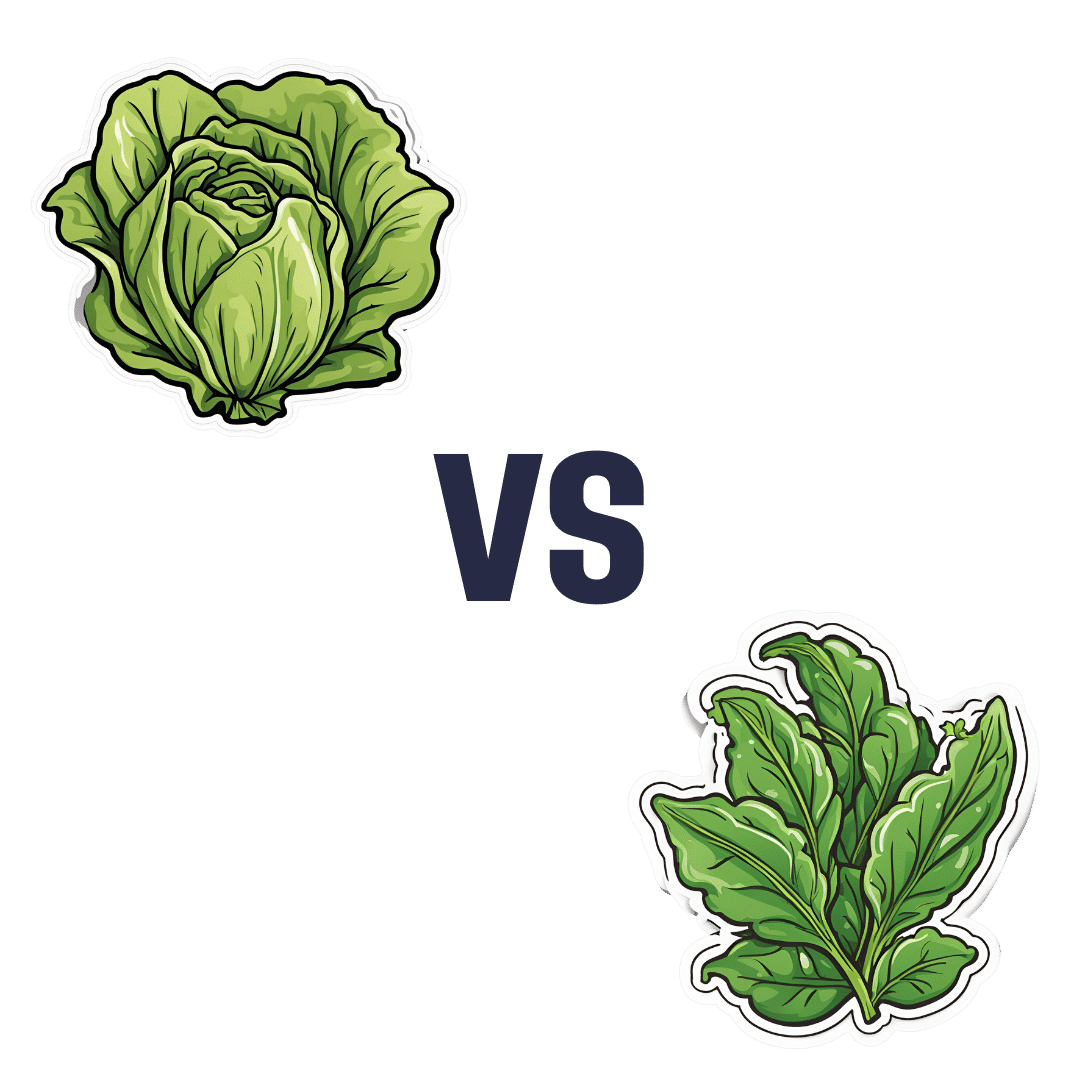
Lettuce vs Arugula – Which is Healthier?
10almonds is reader-supported. We may, at no cost to you, receive a portion of sales if you purchase a product through a link in this article.
Our Verdict
When comparing lettuce to arugula, we picked the arugula.
Why?
These two salad leaves that often fulfil quite similar culinary roles (base of a green salad) are actually of different families, and it shows…
In terms of macros, arugula is lower in carbs, and much higher in protein and fiber—to the point that the protein content in arugula is almost equal to the carb content, which for leaves, is not that common a thing to see.
When it comes to vitamins, things are more even: lettuce has more of vitamins A, B1, B3, B6, and K, while arugula has more of vitamins B5, B9, C, E, and choline. All in all, we can comfortably call it a tie on the vitamin front.
In the category of minerals, things are once again more decided: arugula has more calcium, copper, iron, magnesium, manganese, phosphorus, potassium, and zinc. In contrast, lettuce boasts only more selenium. An easy win for arugula.
Both of these plants have plenty of health-giving phytochemicals, including flavonoids and carotenoids along with other less talked-about things, and while the profiles are quite different for each of them, they stack up about the same in terms of overall benefits in this category.
Taking the various categories into account, this of course adds up to an easy win for arugula, but do enjoy both, especially as lettuce brings benefits that arugula doesn’t in the two categories where they tied!
Want to learn more?
You might like to read:
- How To Avoid Age-Related Macular Degeneration
- Brain Food? The Eyes Have It!
- Spinach vs Kale – Which is Healthier?
Take care!
Don’t Forget…
Did you arrive here from our newsletter? Don’t forget to return to the email to continue learning!
Recommended
Learn to Age Gracefully
Join the 98k+ American women taking control of their health & aging with our 100% free (and fun!) daily emails:
-
Total Recovery – by Dr. Gary Kaplan
10almonds is reader-supported. We may, at no cost to you, receive a portion of sales if you purchase a product through a link in this article.
First, know: Dr. Kaplan is an osteopath, and as such, will be mostly approaching things from that angle. That said, he is also board certified in other things too, including family medicine, so he’s by no means a “one-trick pony”, nor are there “when your only tool is a hammer, everything starts to look like a nail” problems to be found here. Instead, the scope of the book is quite broad.
Dr. Kaplan talks us through the diagnostic process that a doctor goes through when presented with a patient, what questions need to be asked and answered—and by this we mean the deeper technical questions, e.g. “what do these symptoms have in common”, and “what mechanism was at work when the pain become chronic”, not the very basic questions asked in the initial debriefing with the patient.
He also asks such questions (and questions like these get chapters devoted to them) as “what if physical traumas build up”, and “what if physical and emotional pain influence each other”, and then examines how to interrupt the vicious cycles that lead to deterioration of one’s condition.
The style of the book is very pop-science and often narrative in its presentation, giving lots of anecdotes to illustrate the principles. It’s a “sit down and read it cover-to-cover” book—or a chapter a day, whatever your preferred pace; the point is, it’s not a “dip directly to the part that answers your immediate question” book; it’s not a textbook or manual.
Bottom line: a lot of this work is about prompting the reader to ask the right questions to get to where we need to be, but there are many illustrative possible conclusions and practical advices to be found and given too, making this a useful read if you and/or a loved one suffers from chronic pain.
Click here to check out Total Recovery, and solve your own mysteries!
Share This Post
-
Hardcore Self Help: F**k Anxiety – by Dr. Robert Duff
10almonds is reader-supported. We may, at no cost to you, receive a portion of sales if you purchase a product through a link in this article.
We’ve reviewed other anxiety books before, so what makes this one different? Mostly, it’s the style.
Aside from swearing approximately once every two lines (so you might want to skip this one if that would bother you), Dr. Duff’s writing is very down-to-earth in other ways too, making it unpretentiously comfortable and accessible without failing to draw upon the wealth of good-practice, evidence-based advice he has to offer.
To that end, he talks about what anxiety is and isn’t, and goes over various approaches, explaining them in a “about” fashion, and also a “how to” fashion, covering areas such as CBT, somatic therapies, social support, when talk therapy is most likely to help.
The book is a quick read (a modest 74 pages), and it’s refreshing that it hasn’t been padded unnecessarily, unlike a lot of books that could have been a fraction of the size without losing value.
Bottom line: if you (or perhaps someone you care about) would benefit from a straight-to-the-point, no-BS approach to dealing with anxiety (that’s actually evidence-based, not just a “get over it” dismissal), then this is the book for you.
Click here to check out Hardcore Self Help: F**k Anxiety, and indeed do just that!
Share This Post
-
Celery vs Chard – Which is Healthier?
10almonds is reader-supported. We may, at no cost to you, receive a portion of sales if you purchase a product through a link in this article.
Our Verdict
When comparing celery to chard, we picked the chard.
Why?
In terms of macros, chard has more fiber, carbs, and protein, making it the more nutrient-dense option and thus the winner of the macros category.
In the category of vitamins, celery has more of vitamins B5 and B9, while chard has more of vitamins A, B1, B2, B3, B6, C, E, K, and choline—another win for chard.
When it comes to minerals, celery is not higher in any minerals, while chard has more calcium, copper, iron, magnesium, manganese, phosphorus, potassium, selenium, and zinc. One more very clear win for chard!
Looking at polyphenols, celery has very little to boast, about 3mg/100g furanocoumarins and nothing else, while chard has an impressive array of polyphenols, with 9mg/100g kaempferol and 7.5mg/100g quercetin atop the list of 12 polyphenols. Yet another win for chard.
Adding up the sections is not difficult arithmetic today: chard sweeps every category. But by all means enjoy either or both; diversity is good!
Want to learn more?
You might like:
Dr. Greger’s Daily Dozen ← the “dozen” in question includes getting a good amount of of leafy greens per day
Enjoy!
Share This Post
Related Posts
-
3 Secrets Behind The Healing Power Of Plants
10almonds is reader-supported. We may, at no cost to you, receive a portion of sales if you purchase a product through a link in this article.
It’s well-established that whole food plant-based diets including fruits, vegetables, beans, whole grains, nuts, and seeds can reverse chronic diseases like type 2 diabetes, hypertension, high cholesterol, obesity, and more.
Dr. Laurie Marbas explains how it works:
Three ways plant-based diets heal
There’s a lot to be said for plants, from their fiber to their beneficial phytochemicals. For example:
Reversing insulin resistance: plant-based diets help reverse insulin resistance, a major factor in type 2 diabetes, heart disease, obesity, and many other maladies. Particularly high-fiber foods like beans and oats stabilize blood sugar by slowing sugar absorption and reducing insulin spikes. These diets are also naturally low in saturated fats, which are linked to insulin resistance, and include phytonutrients from colorful fruits and vegetables that improve insulin sensitivity. Studies demonstrate that plant-based diets lower HbA1C levels (glycated hemoglobin, a measure of how sugary your blood has been on average in the past 2−3 months) and can even reverse type 2 diabetes for most* people.
*Scientists are very reluctant to claim absolutes such as “all”, “every”, etc, since it cannot be proven that it will work for all people (there are over 8 billion of us after all, and any one of us could get in theory get type 2 diabetes and then try reversing it, so it’s hard to speak for all 8 billion-odd of us) but it is well-established that it usually does indeed reverse it, and for what it’s worth, the confidence interval in such studies is always at least 95% sure, usually higher, which multiplied by countless studies can indeed give us quite some confidence.
Reducing chronic inflammation: chronic inflammation, linked to diseases like arthritis, heart disease, and cancer, can also be reduced through a plant-based diet. Foods rich in antioxidants, such as berries, leafy greens, and nuts, neutralize inflammation-causing free radicals. Omega-3-rich plant foods like chia seeds, flax seeds, and walnuts further balance inflammation. Additionally, fiber fosters healthy gut bacteria, which produce vital compounds that reduce systemic inflammation (and do a lot more good things besides, but we’re limiting ourselves to talking about inflammation here). Research shows that plant-based diets can significantly lower inflammation markers within weeks (almost certainly you’ll notice the difference yourself, too).
Synergy of whole foods: perhaps the biggest power of a plant-based diet lies in the synergy of its components. Nutrients like the fiber and phytonutrients we mentioned work together to combat inflammation and remove waste products that could fuel disease. For example, magnesium, found abundantly in leafy greens (which is why most Americans are deficient in magnesium), supports over 300 enzymatic processes, including blood sugar and inflammation regulation. This holistic approach ensures the whole body receives all the tools it needs to repair, regenerate, and thrive, thus once you’re on the right track, it’s “the gift that keeps on giving” when it comes to health, as each part helps the other parts to work better, which help the other parts to work better, which… (etc)
For more on all of this, enjoy:
Click Here If The Embedded Video Doesn’t Load Automatically!
Want to learn more?
You might also like:
What’s Your Plant Diversity Score?
Take care!
Don’t Forget…
Did you arrive here from our newsletter? Don’t forget to return to the email to continue learning!
Learn to Age Gracefully
Join the 98k+ American women taking control of their health & aging with our 100% free (and fun!) daily emails:
-
Atomic Habits – by James Clear
10almonds is reader-supported. We may, at no cost to you, receive a portion of sales if you purchase a product through a link in this article.
James Clear’s Atomic Habits has become “the” go-to book about the power of habit-forming. And, there’s no shortage of competition out there, so that’s quite a statement. What makes this book stand out?
A lot of books start by assuming you want to build habits. That can seem a fair assumption; after all, we picked up the book! But an introductory chapter really hammers home the idea in a way that makes it a lot more motivational:
- Habits are the compound interest of productivity
- This means that progress is not linear, but exponential
- Habits can also be stacked, and thus become synergistic
- The more positive habits you add incrementally, the easier they become because each thing is making your life easier/better
For example:
- It’s easier to save money if you’re in good health
- It’s easier to sleep better if you do not have financial worries
- It’s easier to build your relationship with your loved ones if you’re not tired
…and so on.
For many people this presents a Catch-22 problem! Clear instead presents it as an opportunity… Start wherever you like, but just start small, with some two-minute thing, and build from there.
A lot of the book is given over to:
- how to form effective habits (using his “Four Laws”)
- how to build them into your life
- how to handle mishaps
- how to make sure your habits are working for you
- how to see habits as part of your identity, and not just a goal to be checked off
The last one is perhaps key—goals cease to be motivating once accomplished. Habits, on the other hand, keep spiralling upwards (if you guide them appropriately).
There’s lots more we could say, but it’s a one-minute book review, so we’ll just close by saying:
This book can help you to become the kind of person who genuinely gets a little better each day, and reaps the benefits over time.
Don’t Forget…
Did you arrive here from our newsletter? Don’t forget to return to the email to continue learning!
Learn to Age Gracefully
Join the 98k+ American women taking control of their health & aging with our 100% free (and fun!) daily emails:
-
Self-Care for Tough Times – by Suzy Reading
10almonds is reader-supported. We may, at no cost to you, receive a portion of sales if you purchase a product through a link in this article.
A note on the author: while not “Dr. Reading”, she is a “CPsychol, B Psych (Hons), M Psych”; a Chartered Psychologist specializing in wellbeing, stress management and facilitation of healthy lifestyle change. So this is coming from a place of research and evidence!
The kinds of “tough times” she has in mind are so numerous that listing them takes two pages in the book, so we won’t try here. But suffice it to say, there are a lot of things that can go wrong for us as humans, and this book addresses how to take care of ourselves mindfully in light of them.
The author takes a “self-care is health care” approach, and goes about things with a clinical mindset and/but a light tone, offering both background information, and hands-on practical advice.
Bottom line: there may be troubles ahead (and maybe you’re in the middle of troubles right now), but there’s always room for a little sunshine too.
Click here to check out Self-Care For Tough Times, and care for yourself in tough times!
Don’t Forget…
Did you arrive here from our newsletter? Don’t forget to return to the email to continue learning!
Learn to Age Gracefully
Join the 98k+ American women taking control of their health & aging with our 100% free (and fun!) daily emails:

